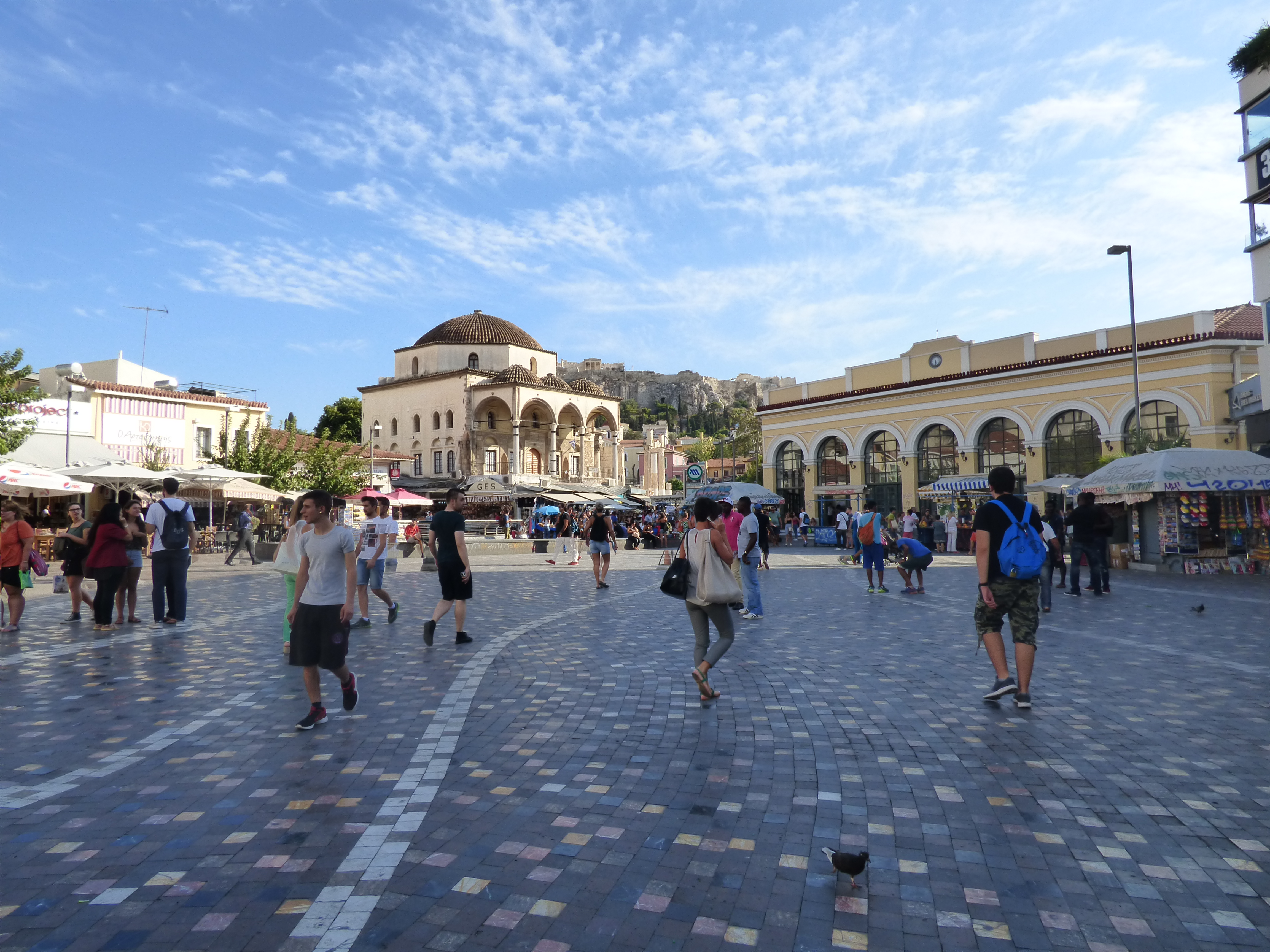Is Greece safe? A safety guide when traveling in Greece
Greece, with its rich history, stunning landscapes, and vibrant culture, has long been a popular destination for travelers from around the world. However, like any other country, it is important to consider safety when planning your trip. In this safety guide, we will explore the current safety situation in Greece and provide you with essential tips to ensure a secure and worry-free vacation.
1. Understanding the overall safety situation
Greece is generally considered a safe country for tourists. The crime rate is relatively low, and violent crimes against visitors are rare. However, as with any popular tourist destination, petty theft and pickpocketing can occur, especially in crowded areas such as markets, public transportation, and tourist attractions. It is advisable to remain vigilant and take necessary precautions to protect your belongings.
The political situation in Greece is stable, and protests or demonstrations are usually peaceful. However, it is wise to stay informed about any potential political unrest or strikes that may affect your travel plans. Local news sources and embassy websites can provide up-to-date information on such matters.
2. Transportation safety
When it comes to transportation, Greece offers a reliable and efficient network of buses, trains, ferries, and domestic flights. However, it is essential to prioritize safety while using these modes of transportation.
If you plan to rent a car, be aware that Greek drivers can be quite assertive on the roads. Familiarize yourself with local traffic rules and drive defensively. It is also advisable to avoid driving at night in remote areas or on unfamiliar roads.
Public transportation in Greece is generally safe, but keep an eye on your belongings, especially on crowded buses or trains. Be cautious of pickpockets and keep your valuables secure.
3. Health and medical facilities
Greece has a well-developed healthcare system, and medical facilities are widely available, particularly in major cities and tourist areas. The country also has reciprocal healthcare agreements with many European countries, allowing citizens to access necessary medical treatment.
It is recommended to have travel insurance that covers medical expenses, as well as emergency evacuation if needed. Carry a copy of your insurance policy and any necessary medical documents with you at all times. Additionally, ensure you have an ample supply of any prescription medications you may require during your trip.
4. Natural hazards and outdoor activities
Greece's diverse landscape offers numerous opportunities for outdoor activities, such as hiking, swimming, and exploring ancient ruins. However, it is important to be aware of potential natural hazards and take necessary precautions.
During the summer months, Greece experiences high temperatures, and heatstroke can be a concern. Stay hydrated, wear sunscreen, and avoid prolonged exposure to the sun during peak hours. If you plan to hike or explore remote areas, inform someone about your plans and carry essential supplies such as water, snacks, and a first aid kit.
Greece is also known for its seismic activity. While earthquakes are infrequent, it is advisable to familiarize yourself with safety procedures in case of an earthquake. Follow any instructions provided by local authorities and stay away from coastal areas if a tsunami warning is issued.
Conclusion
Greece is generally a safe destination for travelers, but it is always important to prioritize safety during your trip. By understanding the overall safety situation, being cautious while using transportation, ensuring access to healthcare facilities, and being aware of natural hazards, you can enjoy a secure and memorable vacation in this beautiful Mediterranean country. Remember to stay informed about the latest travel advisories and follow any local guidelines or recommendations for a worry-free experience in Greece.








